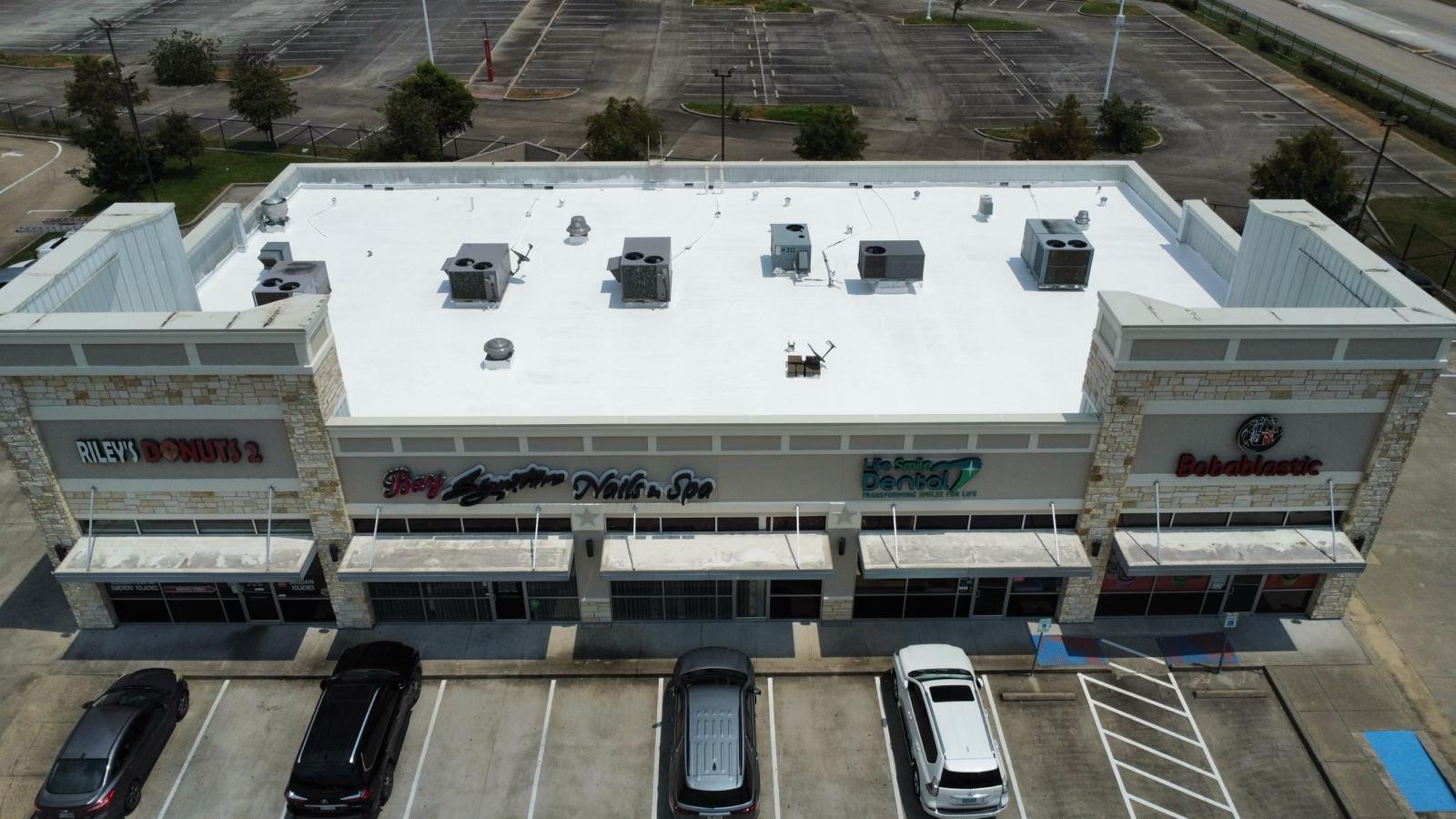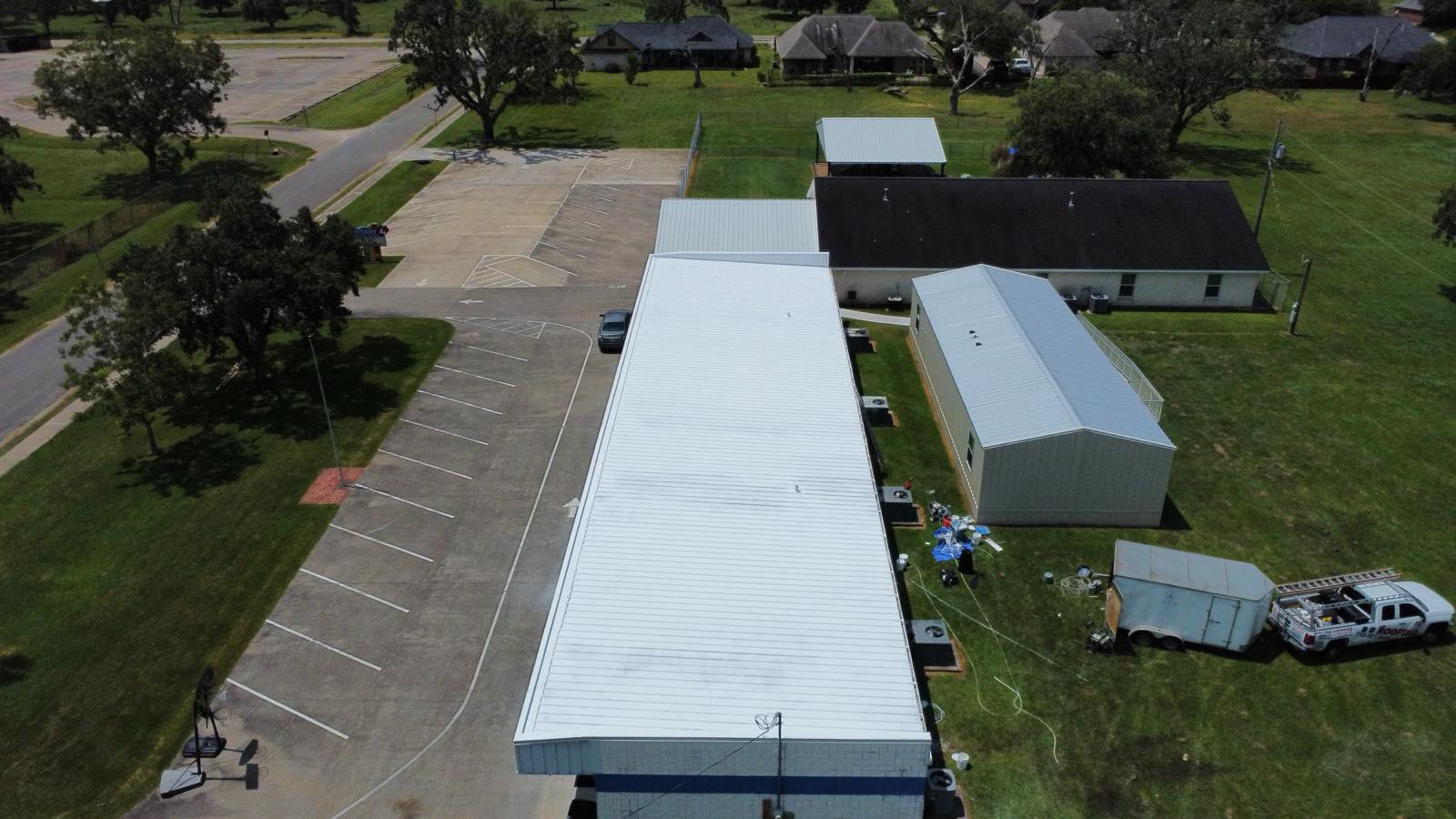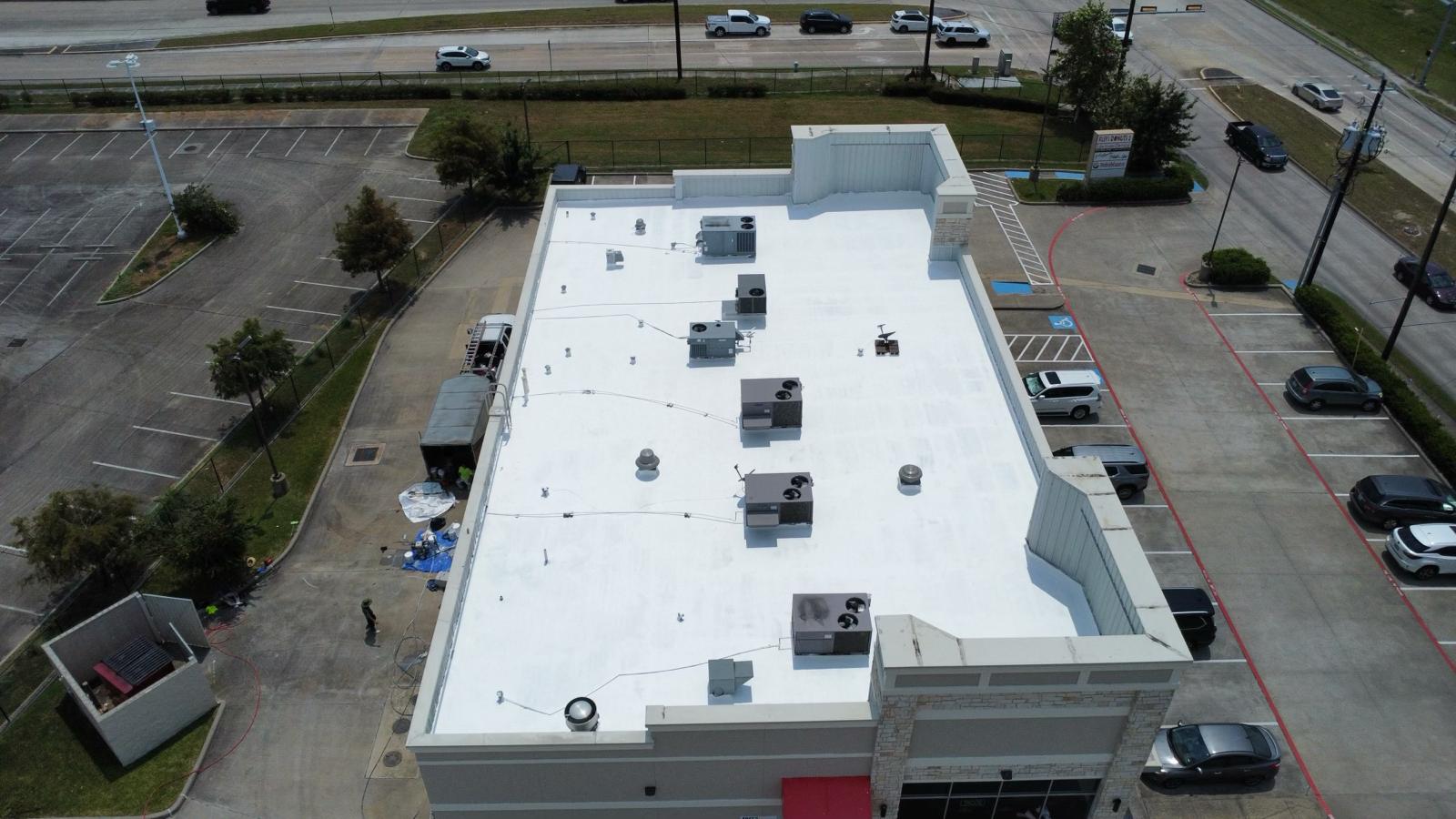When it comes to maintaining a commercial property, the roof is often one of the most overlooked aspects. However, investing in a quality roofing solution can yield significant long-term benefits. One such option gaining popularity is silicone roof coatings. Not only do they offer superior protection and energy efficiency, but they also come with several tax advantages that can benefit business owners. In this blog, we’ll explore how commercial silicone roof coatings can positively impact your tax situation.
Understanding Silicone Roof Coatings
Silicone roof coatings are a type of fluid-applied roofing system that can be applied over existing roofs. They create a seamless, waterproof barrier that protects against leaks, UV rays, and extreme weather conditions. Beyond their protective qualities, these coatings are known for their energy efficiency, helping to reduce heating and cooling costs.
Tax Benefits of Silicone Roof Coatings
1. Section 179 Deduction
One of the most appealing tax advantages for businesses investing in commercial roofing is the Section 179 deduction. This provision allows business owners to deduct the full cost of certain improvements from their taxable income in the year the expense is incurred, rather than depreciating it over several years. Since silicone roof coatings qualify as an improvement to the property, you could potentially write off the entire installation cost, providing significant savings.
2. Energy Efficiency Incentives
Many states and municipalities offer tax credits or rebates for energy-efficient upgrades, including the installation of silicone roof coatings. By improving the energy efficiency of your building, you may qualify for these incentives, which can offset installation costs and reduce your overall tax burden. Always check local regulations and programs, as these can vary widely by location.
3. Cost Recovery through Depreciation
If your business doesn’t qualify for the Section 179 deduction, you can still benefit from depreciation. Under the Modified Accelerated Cost Recovery System (MACRS), commercial roofing systems—including silicone coatings—can be depreciated over 15 years. This means you can deduct a portion of the roof’s cost each year, reducing your taxable income over time.
4. Reduced Maintenance and Repair Costs
While not a direct tax advantage, the durability and longevity of silicone roof coatings can lead to lower maintenance and repair costs. This can indirectly benefit your tax situation, as reduced expenses mean more cash flow available for other deductible business expenses. Fewer repairs may also result in fewer disruptions to your operations, leading to increased productivity and profitability.
5. Insurance Premium Reductions
Investing in a silicone roof coating can also lead to reduced insurance premiums, as many insurers offer lower rates for properties that are less susceptible to damage. While these savings are not tax-deductible, the reduced cost of doing business can enhance your overall financial health, allowing for better cash management.
Conclusion
Commercial silicone roof coatings are not just a smart choice for protecting your property; they also offer various tax advantages that can help your business save money. From immediate deductions under Section 179 to potential state incentives for energy efficiency, these coatings can significantly impact your bottom line.
Before making any decisions, it’s wise to consult with a tax professional to understand how these benefits apply to your specific situation. By investing wisely in your commercial roof, you can secure both your property and your financial future.



